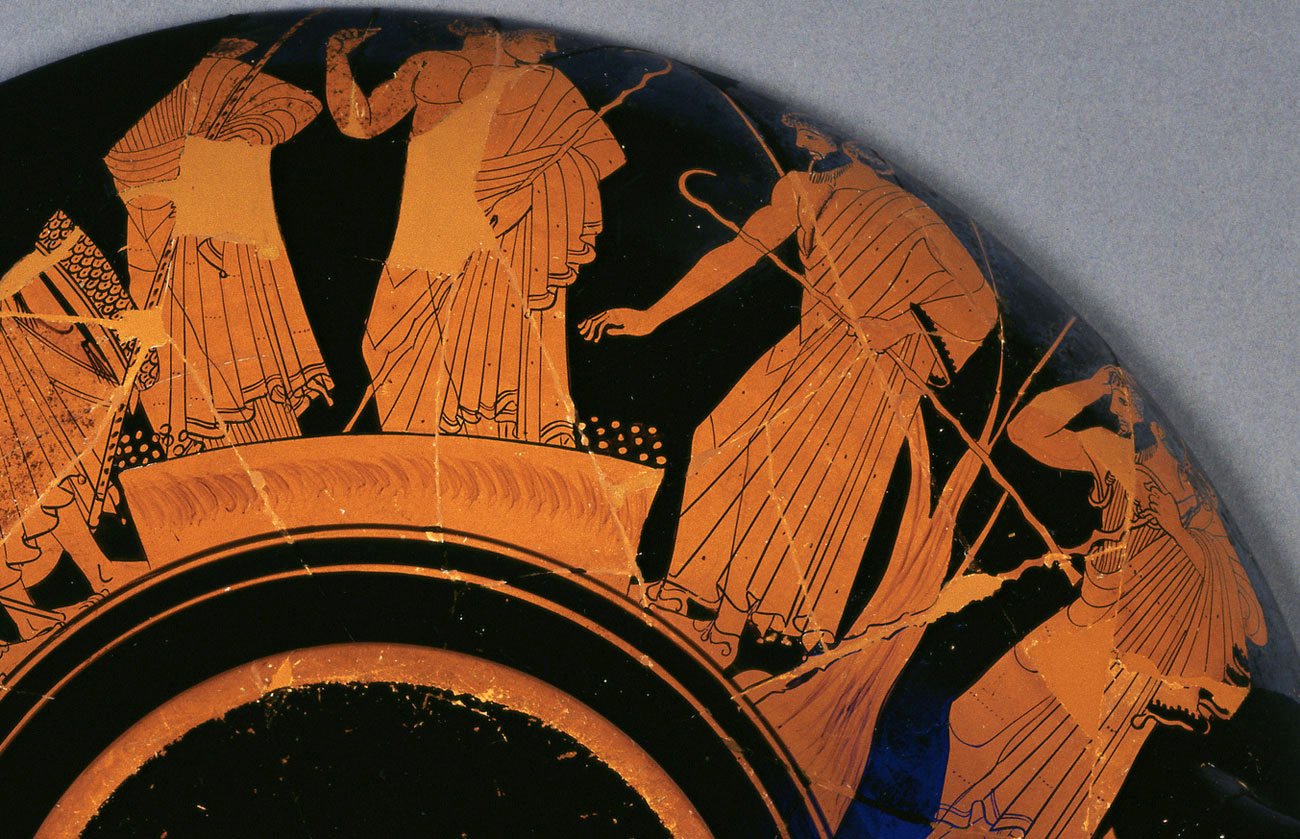
The Green Book
“No representation of the people—representation is a falsehood. The mere existence of parliaments underlies the absence of the people, for democracy can only exist with the presence of the people and not in the presence of representatives of the people.”
— The Green Book
Mu'ammar Al-Qadhdhāfī
A Review:
The Green Book is a refreshing and barebone critique of Western Culture. Muammar Muhammad Abu Minyar al-Gaddafi explores an opposing view of what we have classically referred to as democracy. Some of the arguments may seem undeveloped due to the simplicity; however, there is much wisdom within the barebone analysis. Much lies between the lines. Within The Green Book, Gaddafi delves into alternate forms of a democracy vastly different from what we are used to. One of the most salient points is the inability to truly have a voice if all a citizen can say is yes or no. In this republic, politics removes the voice of the individual. Compounding the limited voice, the United States removes a large portion of the citizenry from the process of being able to say yes or no to a bill, law, or ruling. Thus the citizenry is subject to statutes decided by those of the past that may not reflect current cultures.
There is also a strong critique of Western Culture within the Green Book, often urging against the excess and unfulfilling aspects of life. Some pertinent passages center around sports, education, minority rights, and housing. There are many more areas that are explored. Some will may not be endorsed by everyone, but it is good exercise to expand or reaffirm a personal view. I highly recommend this book to those seeking to analyze the ‘democracy’ we live in from a totally different perspective. This book does not absolve Gaddafi of the negative consequences associated with some of his actions. Still, it gives insight into how he nurtured an independent country with a literacy rate of 99% while promoting the sovereignty of oppressed nations.
